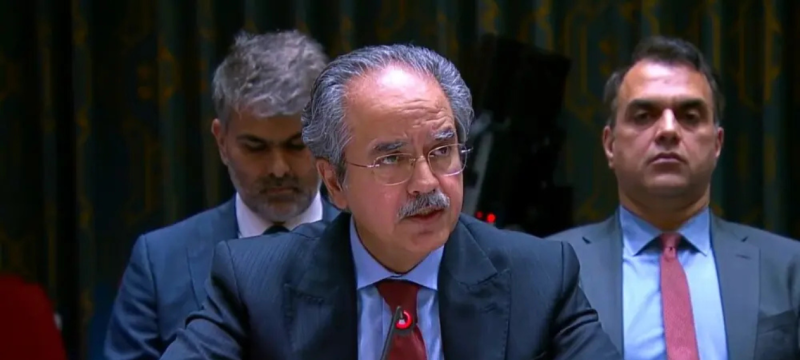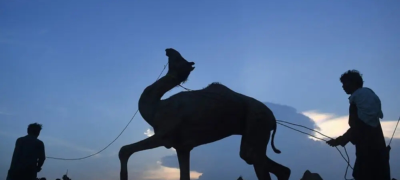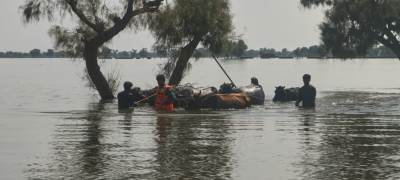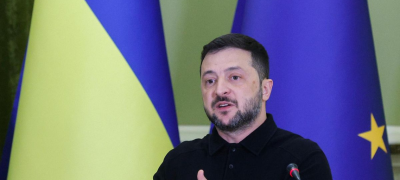Pakistan has once again highlighted the need for a peaceful and diplomatic path to resolve the Iran nuclear issue. Speaking at the United Nations, Islamabad called on all parties to avoid confrontation and to seek constructive dialogue instead.
At UN, Pakistan pushes for diplomatic solution to Iran nuclear issue as sanctions loom, emphasizing that tensions in the Middle East could worsen if a balanced approach is not taken. Pakistani officials stressed that unilateral actions and sanctions could damage regional stability and harm global energy markets.
Pakistan’s representative noted that dialogue, patience, and mutual respect are essential to addressing nuclear concerns. He underlined that sanctions often affect ordinary citizens more than governments, creating humanitarian challenges in already fragile societies.
The UN session comes as Western powers debate stricter sanctions on Iran over its nuclear program. Washington and European allies have expressed frustration over Tehran’s continued enrichment activities, while Iran insists its program is for peaceful purposes.
At UN, Pakistan pushes for diplomatic solution to Iran nuclear issue as sanctions loom, reminding the global community that diplomacy is the only way forward. Pakistan warned that escalation could fuel instability not only in the Middle East but also in South Asia.
Islamabad further highlighted that any new sanctions could raise oil prices, putting additional pressure on developing economies. It urged world powers to consider broader impacts before taking steps that might destabilize the region further.
Pakistan also reaffirmed its support for international non-proliferation treaties and peaceful use of nuclear technology. It encouraged dialogue between Iran and global powers under UN frameworks, ensuring transparency and trust.
At UN, Pakistan pushes for diplomatic solution to Iran nuclear issue as sanctions loom, positioning itself as a voice of restraint and balance. The call reflects Pakistan’s long-standing policy of promoting peace, avoiding conflict, and encouraging cooperation in regional disputes.
Read More : Diplomatic Fallout and Cross-Border Tensions Escalate









